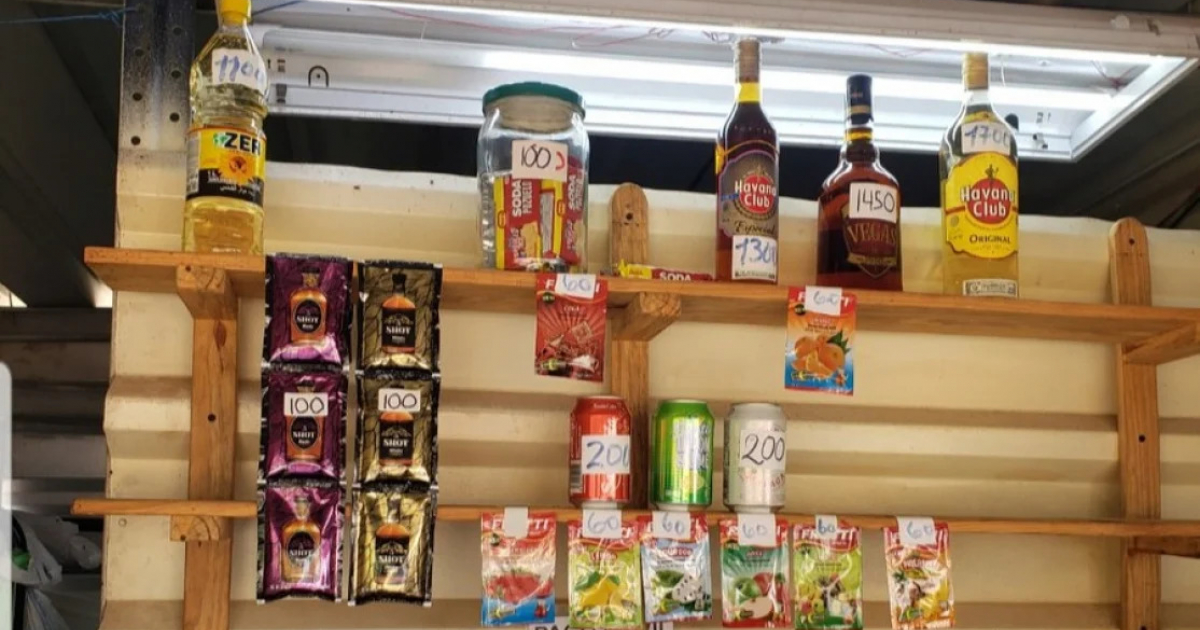
Related videos:
The Cuban government has started penalizing micro, small, and medium-sized enterprises (mipymes) that are violating the price ceilings imposed on six essential goods.
The Ministry of Finance and Prices (MFP) shared on its Twitter account several cases of establishments in the capital where violations of the set prices were detected.
One of these small and medium-sized enterprises is located in East Havana, where its owner was selling oil for 1,200 pesos, while the price set by the state agency is 990 pesos per liter.
"The tweet specifies that a fine is imposed under Decree 30 Article 7, section B, in the amount of 8,000 pesos."
In another post, the MFP reported on an inspection at a establishment in the Boyeros municipality, where oil, chicken, and sausage were being sold at prices higher than those allowed.
"The price control initiative continues nationwide in collaboration with other agencies and institutions, as well as with local authorities," it points out.
The Cuban government's war against merchants who do not adhere to price ceilings has reached the point of asking citizens to report violators by phone.
The Ministry of Finance and Prices advocates for a movement of popular control and has established communication channels in each territory for people to file complaints.
The phone complaints would join the "army" of 7,000 inspectors that the MFP has prepared to enforce the regulation.
This year, the authorities have already shut down 15 small and medium-sized enterprises (SMEs) that had accounting irregularities.
The sanctioned companies were found to have poor accounting practices, such as treating equipment purchases as direct expenses instead of inventory, which artificially reduces the business's profitability. There were also issues with controls over primary records, such as financial statements, which are often missing or concealed.
Judith Navarro Ricardo, a legal specialist at the National Office of Tax Administration (ONAT), revealed that some cases may lead to charges of tax evasion.
"The small and medium-sized enterprise that does not manage its accounting well and, in addition, does not properly fulfill its tax obligations, demonstrates an intention to evade taxes, which gives us the right to file a complaint," he said.
On Monday, the implementation of price caps on six essential products (five food items and powdered detergent) in high demand was announced, as an effort to mitigate the impact of inflation on the population.
Resolution 225/2024 from the MFP established the maximum retail prices for chicken, oil (except olive oil), powdered milk, pasta, sausages, and detergent.
Filed under: